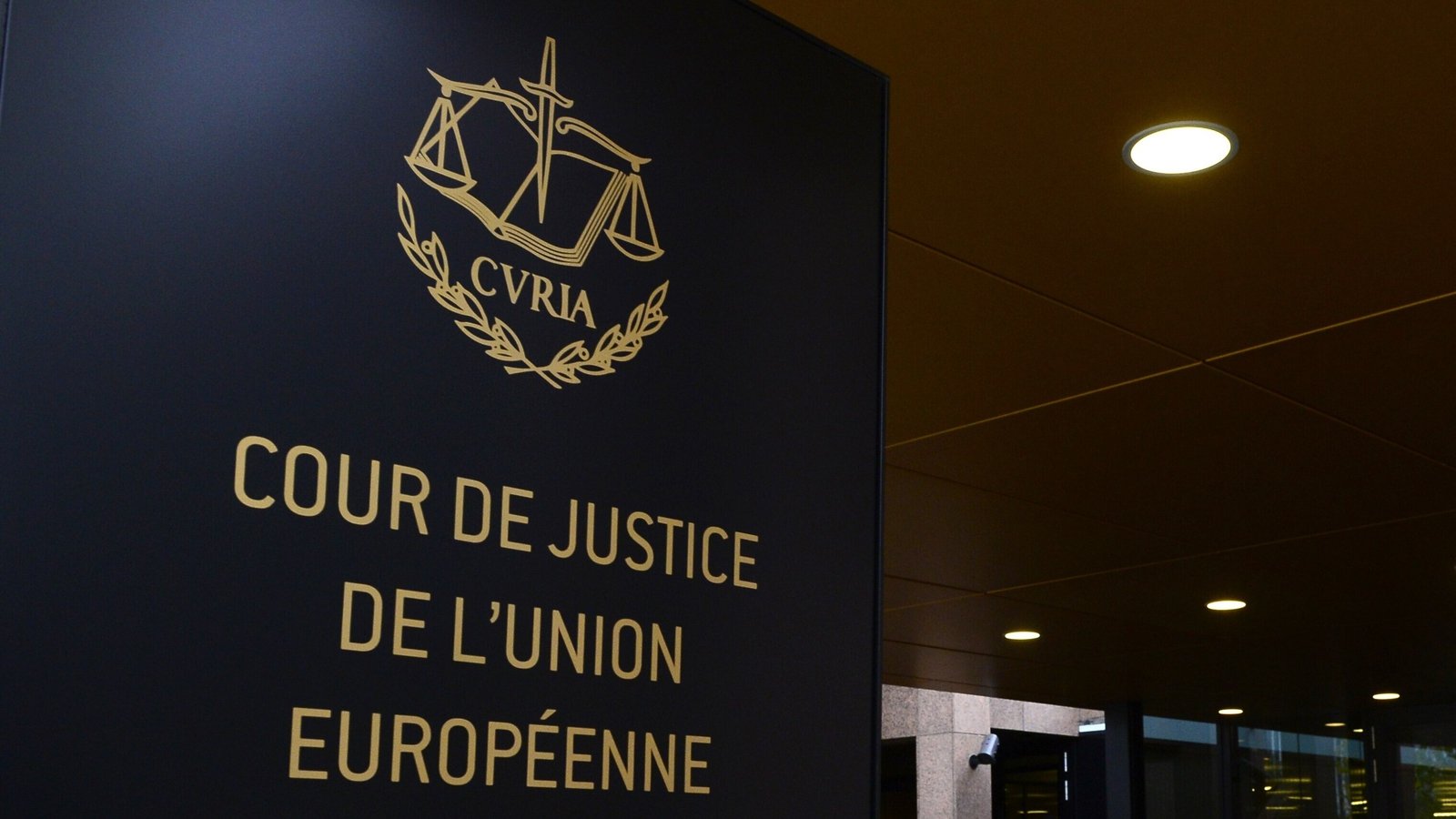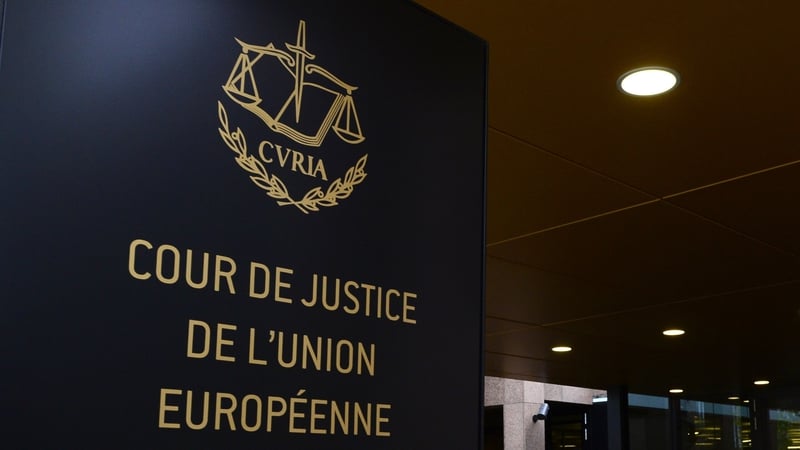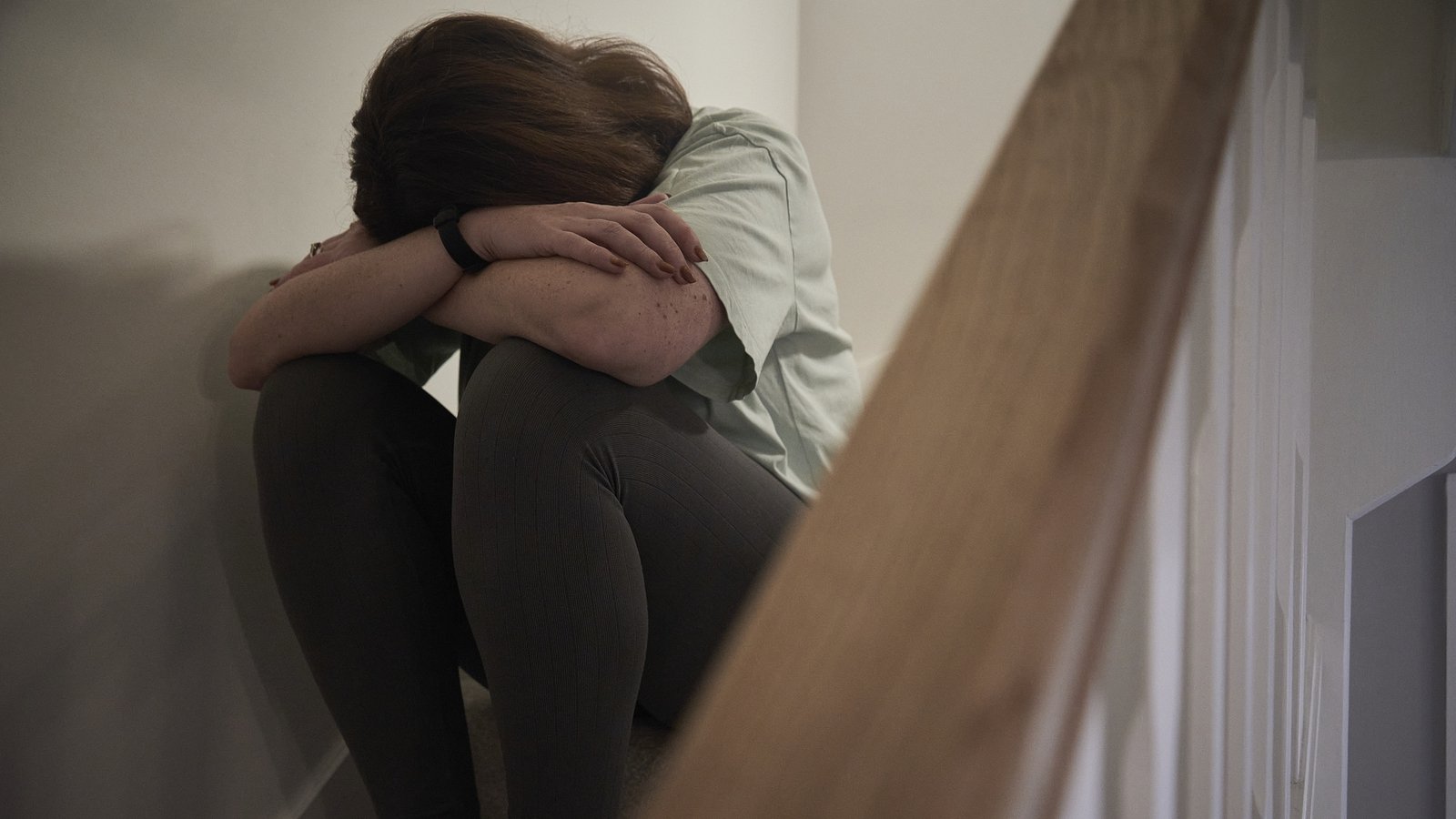ECJ case over refugee status for female asylum seekers


The European Court of Justice has ruled that refugee status may be granted to female asylum seekers who have, over time, adopted the values of equality between men and women in their EU host countries.
The ruling could have far-reaching implications for the granting of refugee status where female applicants in particular are at risk of persecution in their home countries.
The case was prompted by two female Iraqi teenagers who had been living in the Netherlands since 2015 and who feared that if they were deported to Iraq they would face persecution because girls and women did not enjoy the same rights as men there.
The girls claimed that if deported they would be deprived of their rights to associate with boys, to participate in sport, to study, to marry and, if so, to whom, and to work outside the home.
They would also be denied the right to have political and religious views for themselves and to be able to express those views in public.
The girls’ application for international protection was initially rejected by the Dutch authorities.
They re-applied, arguing that due to their long stay in the Netherlands they had adopted the norms, values and conduct of young people of their age in that society.
Their lawyers claimed that if the girls returned to Iraq, they would be unable to conform to the norms of a society which did not afford women and girls the same rights as men.
They also feared being exposed to the risk of persecution due to the identity they had formed in the Netherlands.
Those arguments were again rejected by the Dutch authorities.
In a separate judicial hearing, the case was then referred to the European Court of Justice.
This was so the court could adjudicate on the interpretation of an EU directive on international protection, which lays down the conditions for granting refugee status to third country nationals.
Under the directive, refugee status should be granted where a third-country national is persecuted for reasons of race, religion, nationality, political opinion or membership of a particular social group.
Today the ECJ ruled that women, including minors, who have come to identify with the fundamental value of equality between women and men during their stay in an EU member state, could be seen as belonging to “a particular social group”.
The court ruled that belonging to such a social group would depend on the circumstances in their country of origin and whether or not they could face persecution there because they identified with that group.
The ruling clarified that if the person seeking international protection is a minor, national authorities “must take into account his or her best interests” when it comes to the merits of the application.
The court also stated that the length of stay in a member state by the applicant “may be taken into account,” especially if the stay coincided with the period during which a minor has formed his or her identity.
The two girls had left Iraq with their parents in September 2015 when they were aged ten and 12.
In their initial applications for international protection, the girls argued that they had learned from their Dutch peers that, as girls, they had freedom to make their own life choices.





